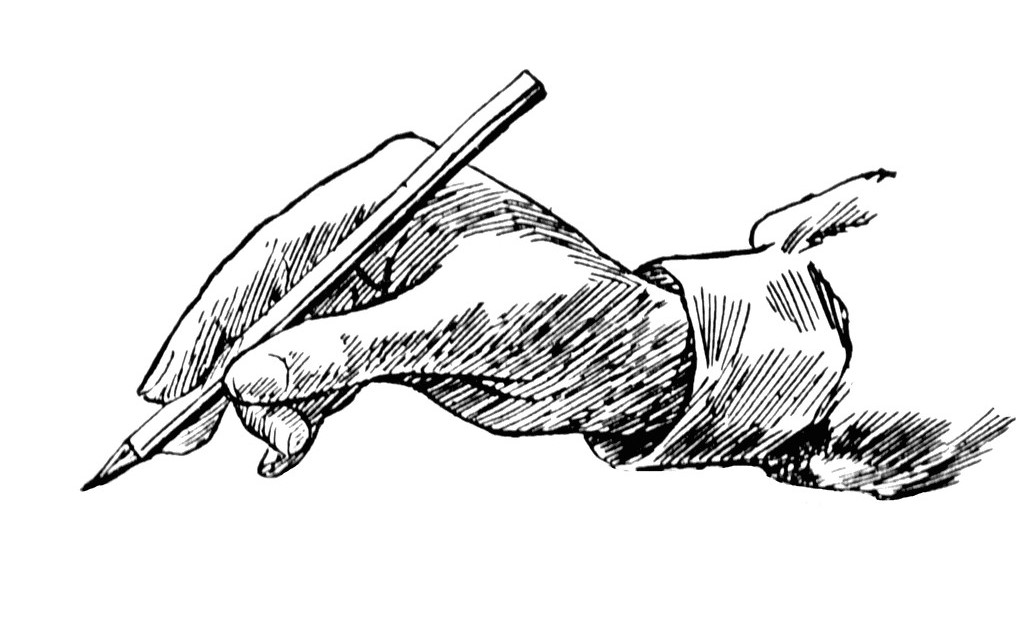James Ussher? Peter Ustinov? Arland Ussher? Apocryphal? Anonymous?
Question for Quote Investigator: The Times of London has a regular Quote-of-the-Day feature called “Last Word”. My question is about the following insightful quotation:1
Laughter would be bereft if snobbery died.
The newspaper credited this remark to Archbishop James Ussher who lived between 1581 and 1656. Ussher was famous for intensely studying sacred and secular texts and then calculating the date of the creation of the universe which he gave as October 23, 4004 BC. Evidence today suggests that Ussher’s chronology was not completely accurate.
But this query was prompted by another anomalous chronology. According to the authoritative Oxford English Dictionary the noun “snob” was first recorded in 1785, at which time it meant: “A shoemaker or cobbler; a cobbler’s apprentice”. Also, the noun “snobbery” dates from 1833 long after after Ussher’s death. Stylistically, the quotation seems modern to me. If Ussher wrote this statement then someone else must have substantially modified it. Could you tell me who authored this quotation and when?
Reply from Quote Investigator: The UK newspaper The Times on June 16, 2011 did publish the following quote and ascription:2
“Laughter would be bereft if snobbery died.”
James Ussher, Irish prelate, 1581-1656
But Ussher had nothing to do with this aphorism. Congratulations to the questioner for her perceptive analysis of the anachronistic vocabulary. The earliest known evidence of this maxim appeared in 1955 more than three hundred and fifty years after the death of Ussher.
The English actor, writer, and humorist Peter Ustinov is the most likely creator. In March 1955 the UK Sunday newspaper The Observer printed the quotation in a section called “Sayings of the Week”. The original wording was slightly different:3
Laughter would be bereaved if snobbery died. —Mr. Peter Ustinov
What caused this bizarre mistake? There is a known error mechanism that provides a plausible explanation. In an alphabetical listing the names “Ussher” and “Ustinov” would be close to one another. In fact, in some lists of quotations the entries for the two names would be adjacent. A hurried and harried individual who was rapidly searching for a name to assign to a quotation might look above and below an entry and then select any visible name.
Continue reading “Quote Origin: Laughter Would Be Bereaved If Snobbery Died”
